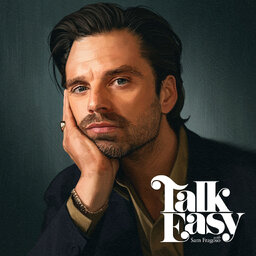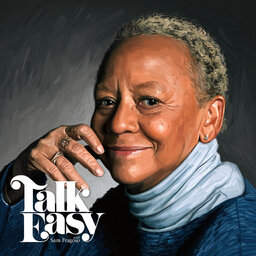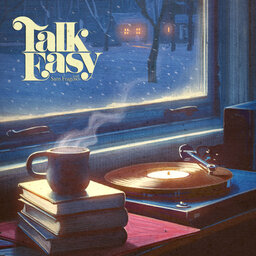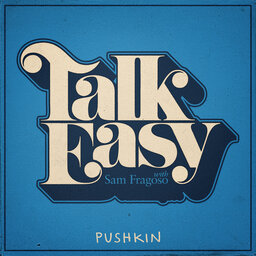Play It Again: Jeff Daniels
Today, for your holiday week, we’re returning to one of our favorite 2024 conversations with actor Jeff Daniels.
Daniels is always writing. Plays, songs, a script or two. Even in interviews you get the sense the Michigan native is trying to relay the stories of his life in a way he’d find compelling as a reader, or listener. Bystander — as a viewer.
We sat in April around the latest chapter of his crime series American Rust (12:30), reprising his role as Police Chief Del Harris. It’s a performance inspired by his midwestern upbringing in Chelsea, Michigan (16:06) and the formative teachings of theater director Marshall W. Mason (21:20). Then, Daniels reflects on his arrival to New York City in 1976 (24:06), performing in Lanford Wilson’s play Fifth of July (27:20), and his early on-screen roles in Jonathan Demme’s Something Wild (31:10), Woody Allen’s The Purple Rose of Cairo (34:20), and Noah Baumbach’s The Squid and the Whale (44:20).
On the back-half, we walk through his years making The Newsroom (51:48), working with screenwriter (and then playwright) Aaron Sorkin (53:20), and how the two of them reimagined Atticus Finch and To Kill a Mockingbird for both Broadway (59:49) and what he calls “a country at a crossroads” (1:05:33). To close, we sit with the utility of good writing in this fraught era (1:10:30), and a musical tribute to his late father, Robert (1:15:32).
Thoughts or future guest ideas? Email us at sf@talkeasypod.com.
In 1 playlist(s)
Talk Easy with Sam Fragoso
Talk Easy with Sam Fragoso is a weekly series of intimate conversations with artists, activists, and…Social links
Follow podcast
Recent clips

The Year of Actor Sebastian Stan (‘The Apprentice’)
1:16:35

Remembering Poet Nikki Giovanni
44:21

Talk Easy in 2024: A Mixtape
58:40
 Talk Easy with Sam Fragoso
Talk Easy with Sam Fragoso